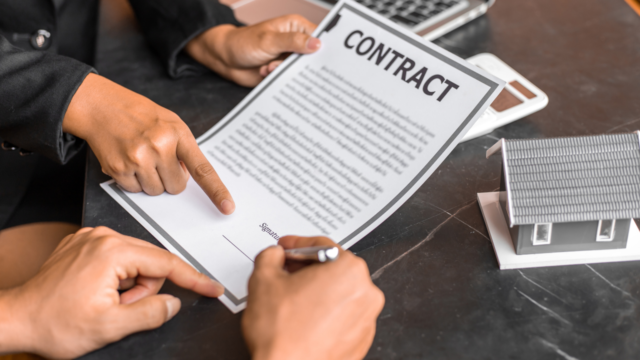
What is a viager and how does it work
A viager is a type of contract in which someone agrees to sell their property for a lump sum, but the buyer only begins to make payments once the seller dies. The buyer typically also pays an upfront fee, known as a capitulation price. Viagers are most commonly used in France, although they are also found in other countries such as Belgium and Spain. One advantage of a viager is that it allows the seller to receive a guaranteed income stream, even if they live for many years.
However, it can also be seen as a gamble, as the seller does not know how long they will live or how much the property will be worth when they die. As a result, viagers are usually only suitable for people with a strong financial backing who are comfortable with taking on risk.
The benefits of a viager
Viagers can be attractive investments for a number of reasons. First, they offer a guaranteed income stream, which can be helpful for retirees or other investors who are looking for a steady source of income. Second, viagers can be an excellent hedge against inflation, as the periodic payments are typically adjusted for inflation. Finally, viagers can provide peace of mind for the buyer, as they offer the security of knowing that they will have a place to live for as long as they want.
How to find a viager property
There are a few things to keep in mind when searching for a viager property. First, it is important to find a reputable seller who has owned the property for a number of years. This will help to ensure that the property is in good condition and is not likely to be reclaimed by the government. Second, it is important to research the local market to get an idea of what similar properties are selling for. This will help to ensure that you are getting a good deal on the property.
Finally, it is important to have a realistic idea of your own financial situation before entering into a viager contract. This will help to prevent any financial difficulties down the road. By following these simple tips, you can be sure to find a viager property that is right for you.
What to consider when buying a viager property
When it comes to buying a property, there are many things to consider. Location, size, price and amenities are just a few of the factors that can influence your decision. However, if you’re considering a viager property, there are a few additional factors to keep in mind. First, it’s important to understand the viager system. With a viager property, the buyer pays an upfront lump sum, known as a bouquet, and then makes periodic payments until the seller dies. At that time, the property is transferred to the buyer. It’s important to consult with a viager expert before making an offer on a property, as the bouquet and periodic payments can vary depending on the seller’s age and health.
Additionally, it’s important to be aware of the risks involved in a viager purchase. If the seller lives longer than expected, the buyer may end up paying more than anticipated. However, if the seller dies shortly after the sale is completed, the buyer may end up getting a good deal. Ultimately, it’s important to weigh all of these factors carefully before making a decision.
How to negotiate the best deal on a viager property
When negotiating a viager property deal, there are a few things to keep in mind. First, the lump sum payment is typically negotiable, so it’s important to get an assessment of the property’s value before making an offer. Second, the periodic payments are usually based on the seller’s life expectancy, so it’s important to have a realistic estimate of how long the seller is likely to live.
Finally, it’s also important to consider the potential risks involved in a viager property deal, such as the possibility that the seller may outlive the agreed-upon life expectancy or that the property may decline in value over time. With these factors in mind, it is possible to negotiate a viager property deal that is fair for both parties involved.
The risks associated with buying a viager property
If you’re considering buying a viager property, it’s important to be aware of the risks involved. For one thing, the value of the property is difficult to assess, as it will only increase in value after the death of the previous owner. This means that there is a significant amount of uncertainty involved in the purchase. In addition, the previous owner may live for many years, meaning that you will have to make regular payments to them over an extended period of time. As a result, buying a viager property can be a risky investment. However, if you’re careful and do your research, it can also be a rewarding one.


































